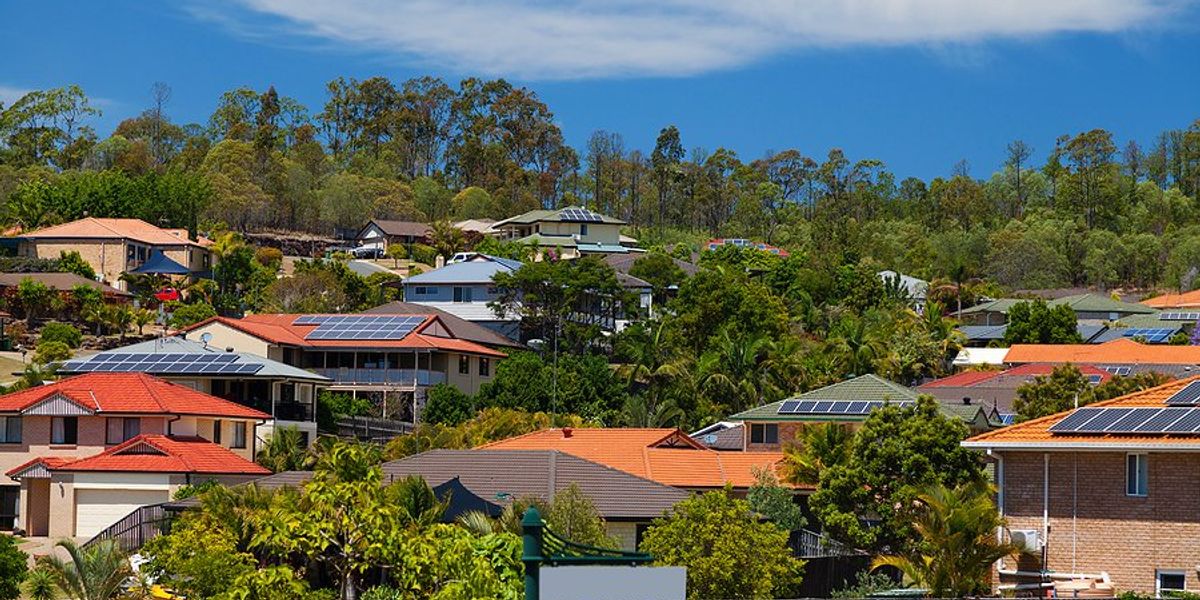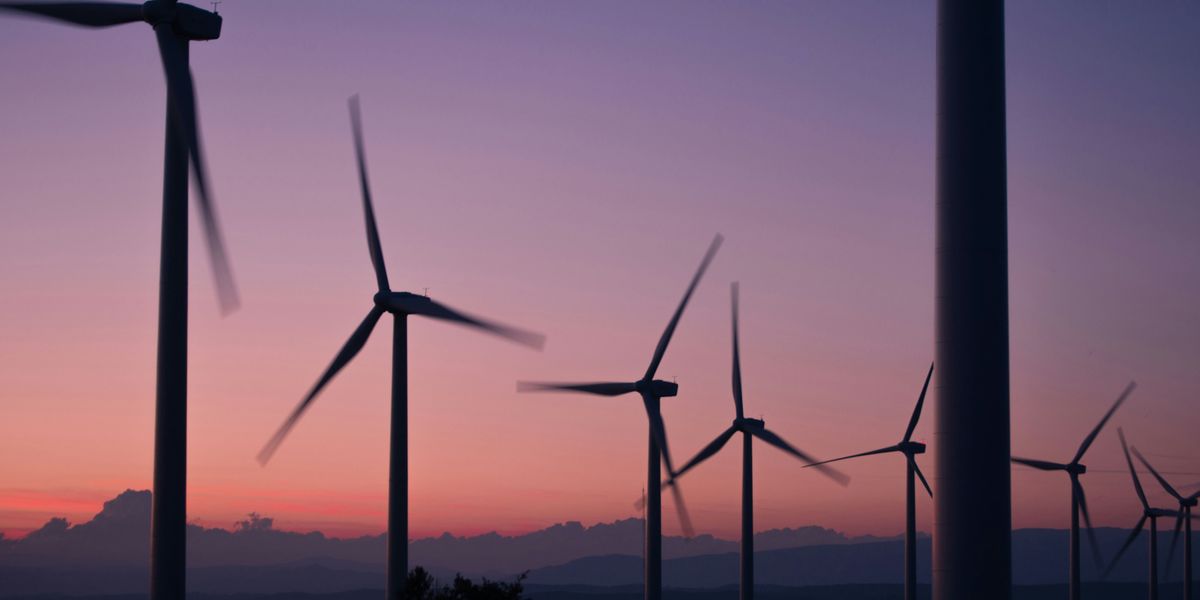community
Shell's Beaver County plant aims to overcome early challenges and improve community relations
Shell's $15 billion petrochemical plant in Beaver County, Pennsylvania, is working to stabilize operations after a rocky start, characterized by equipment malfunctions and emissions issues, while seeking to rebuild community trust.
In short:
- Shell's Beaver County plant faced significant challenges, including equipment malfunctions and emissions exceeding permit limits, since beginning partial operations in 2022.
- Senior Vice President Emma Lewis admitted to communication shortcomings with the community and stressed the importance of rebuilding trust through transparent dialogue.
- Shell is focusing on stable production of certified plastic products and has brought in experienced staff to improve plant operations.
Key quote:
"We're not going to go anywhere. You might not like us, but it's a bit late for that."
— Emma Lewis, Shell’s senior vice president of U.S. Chemicals and Products
Why this matters:
Shell's plant is a major investment in Pennsylvania's economy, but its environmental impact and strained community relations raise concerns. Transparent communication and operational improvements are vital for addressing these challenges and ensuring long-term success.
Related EHN coverage:
Biden administration invests $4.3 billion in local climate initiatives
The Biden administration has announced $4.3 billion in funding for community climate projects, aiming to enhance local sustainability efforts and reduce emissions.
In short:
- The Environmental Protection Agency is distributing $4.3 billion to 25 recipients in 30 states for climate action projects.
- Projects include forest management, energy efficiency, and developing local climate action plans.
- The funding is part of the 2022 Inflation Reduction Act, aiming to cut carbon emissions significantly by 2050.
Key quote:
“The grants put local governments in the driver’s seat to develop climate solutions that work for their communities.”
— John Podesta, president’s senior adviser for international climate policy
Why this matters:
This funding will help communities transition to cleaner energy, potentially reducing carbon emissions equivalent to the energy use of millions of homes. It also supports job creation and sustainable development, setting a precedent for future climate initiatives.
Indigenous communities leverage clean energy projects for their benefit
Indigenous communities, once sidelined in renewable energy projects, are now finding ways to actively benefit from these initiatives through strategic partnerships and government policies.
In short:
- Indigenous communities in Canada are increasingly involved in renewable energy projects due to supportive policies like Ontario’s feed-in tariff program.
- Barriers such as limited access to capital and insufficient community capacity still pose challenges to broader participation.
- Successful Indigenous-led projects, like the microhydropower systems in Malaysia, demonstrate the potential for sustainable and equitable energy development.
Key quote:
“As Indigenous Peoples, we recognize and support the global shift towards renewable energy. But it can’t happen at the expense of Indigenous people. Right now, we are going towards a new type of ‘clean’ colonialism.”
— Joan Carling, executive director of Indigenous Peoples Rights International
Why this matters:
Indigenous participation in renewable energy projects promotes environmental sustainability and supports their economic empowerment and preservation of cultural heritage. This empowerment also fosters greater respect for Indigenous knowledge and practices, which are often deeply aligned with principles of environmental stewardship.
Pipeline project and environmental group forge unprecedented agreement
A carbon dioxide pipeline developer and an environmental organization have reached a unique agreement to ensure community benefits and project support.
In short:
- The developer, Tallgrass, and environmental group Bold Alliance have agreed on community benefits for a CO2 pipeline project crossing Nebraska.
- The agreement includes funding for first responder training, donations to local nonprofits, and yearly royalty options for landowners.
- This agreement sets a new standard for future energy infrastructure projects, emphasizing community engagement and benefits.
Key quote:
"This agreement is exactly what all communities should have. Real money is being left behind in these communities."
— Jane Kleeb, founder of Bold Alliance
Why this matters:
By demonstrating a commitment to social responsibility and sustainability, pipeline developers can build positive relationships with local stakeholders, mitigate risks, and create shared value for both the company and the community. This collaborative approach not only leads to better outcomes for all parties involved but also contributes to building healthier, more resilient communities for generations to come.
Greece embraces energy democracy with citizen-driven renewable energy
Greek citizens are increasingly generating their own renewable energy, despite challenges like limited grid space.
In short:
- Hyperion, Athens' first democratic renewable-energy community, mirrors Germany's energy cooperatives.
- Greece's high solar potential is driving a shift towards renewable energy, with a significant increase in wind and solar power generation.
- Energy communities in Greece aim to democratize the energy sector and contribute to social justice by supporting low-income households.
Key quote:
"We're taking things into our own hands, producing our own energy, democratizing the energy sector and speeding up the transition in a societally fair and participatory way."
— Takis Grigoriou, co-founder of Hyperion.
Why this matters:
The rise of energy communities in Greece represents a grassroots movement toward sustainable energy, highlighting the role of citizen participation in combating climate change and promoting energy independence.



















